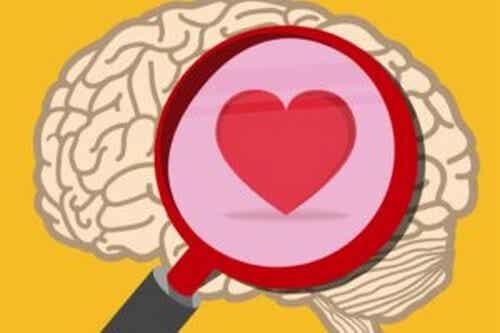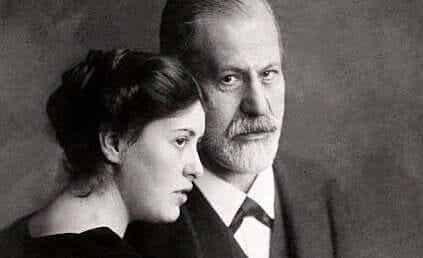Despair is mental, emotional and behavioral fatigue. It occurs when one is tired of experiencing many disappointments and so much sadness.

Written and verified by the psychologist GetPersonalGrowth.
Last update: 15 November 2021
Despair is a poison that gradually extinguishes illusion, motivation and energy. It is the crust of permanent disappointment, the thorn in the side that makes us feel bitterness, until we fall into a very dangerous psychological trap. Because in the long run, this state makes us very vulnerable to depression and other ailments with a very high emotional toll.
In daily clinical practice, we know that most psychological conditions involve interventions that can help the person. We know, for example, what therapy and strategies to offer to a patient with an anxiety disorder, post traumatic stress disorder, phobia, etc.
But there are also other realities that, however curious they may seem, are highly stimulating for a professional. Let's talk about those situations in which someone comes to us telling us that he has lost the meaning of life, that he feels trapped by despair, that he suffers emotionally without knowing very well why.
These states do not always appear in the DSM-V (Diagnostic and Statistical Manual of Mental Disorders). These are patients who have not yet crossed that line in which a clinical condition already appears. However, they find themselves in an emotional abyss, on the edge of a precipice where quick action is needed to avoid falling.
Because if there is one thing that many of us know, it is that despair makes us lose the meaning of life, as it is that dangerous and irrational belief in which one comes to think that everything, absolutely everything, has been lost.
"Despair is based on what we know, that is nothing, while hope is based on what we ignore, that is everything."
-Maurice Maeterlinck-
Despair, the emotional and behavioral response that precedes depression
The image above represents a work by the Pre-Raphaelite painter Evelyn De Morgan, entitled Hope in a Prison of Despair. In it we can observe a dark dungeon where there is a bent woman who hides her face. She is in front of a window, but she doesn't even look out to see the sunlight. This is the desperation.
Behind her there is a young man holding a lamp: it is hope that tries to illuminate her person, comfort her, restore optimism, courage and inner strength. The author of the painting intended to stage qu to the being that we all have to invoke to get out of a personal prison made up of disappointments, sorrows, frustrations and gaps.
What is it about exactly?
The word hope comes from the French word “espoir”, which means to breathe. Despair symbolizes not only shortness of breath, but also the absence of spirit, the loss of that essence that makes us human.
Beyond the symbolic meaning, an objective reality undoubtedly emerges from this feeling: despair, far from being easily explained, involves a complex network of surprising internal dynamics and mechanisms.
This makes it difficult for a desperate person to understand why they feel hopeless. Some of the feelings that desperate people have are:
- Loss of meaning. Suddenly nothing makes sense to them.
- They experienced a number of negative experiences that were not processed correctly.
- Low self-esteem.
- They feel helpless. At some point they think that nothing can change things.
- They feel sadness, apathy, physical fatigue, low motivation, disinterest in everything around them.
- They feel frustration, bitterness and pessimism.
If no action is taken in time, the persistence of these psychological and behavioral dynamics will inevitably lead to a depressive process.
Treating despair to prevent depression
Despair usually comes and goes. He is an annoying guest who comes to visit us at certain times, but who tends to vanish when we change our point of view or adopt new habits.
Some studies such as the one conducted at the University of Twente in the Netherlands show us that despair is often related to personality. There are profiles with a greater tendency to pessimism and a lack of defenses. However, this does not mean that these people are bound to suffer.
We all have the ability (and duty) to use all the personal resources we have to discourage, escape, and deal with despair. Some useful attitudes to reflect are:
- Tune in to your mood, trying to name each emotion.
- Understand that despair often follows the following rule of three: sadness, frustration, disappointment. After all, it is a cumulative state, which makes us live experiences without having previously resolved them. Its origin should therefore be identified.
- Despair is an emotional state that is intensified by our attitudes. Following the same routines will fuel the situation, that state. So it pays to adopt new habits. We try to connect with reality in another way, innovating, giving life to new projects in the most creative way possible.
generate alternatives, open new doors, embrace new worlds
Cognitive-behavioral therapy can help us in these cases. Consequently, don't hesitate to seek professional help.


























